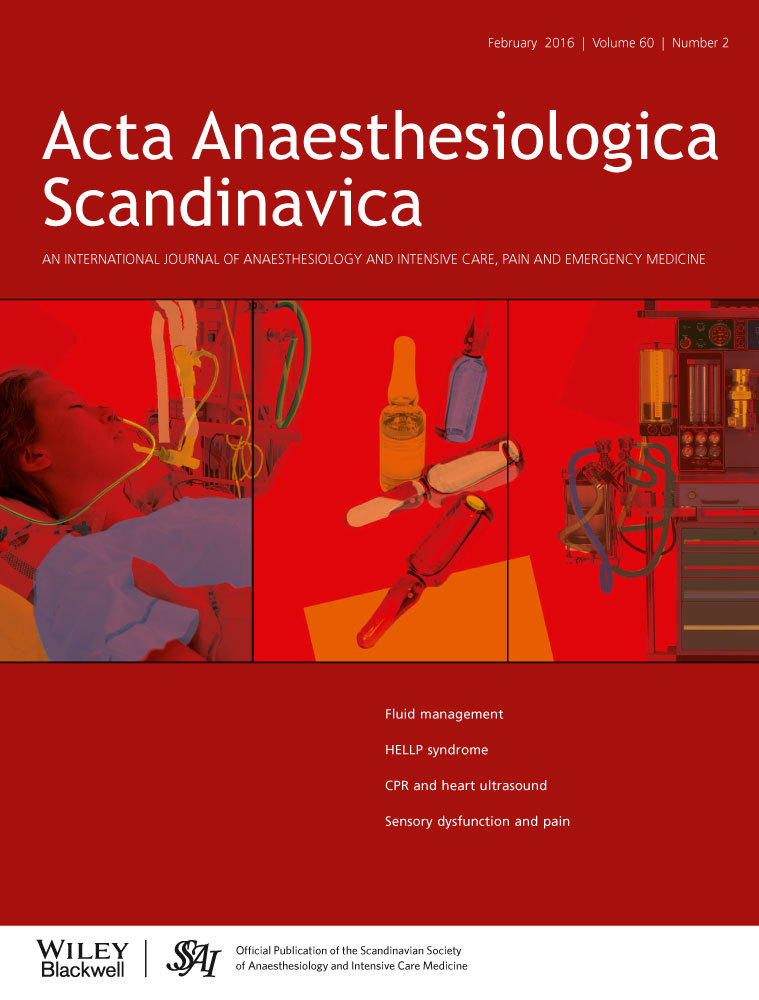Central anticholinergic syndrome vs. idiosyncratic reaction triggered by a small IV dose of atropine
Conflicts of interest:
The authors declare that there are no financial or commercial conflicts of interest.
Funding:
This study was not funded.
Abstract
A 58-year-old male was scheduled to undergo radical gastrectomy for cancer under general anesthesia. The patient developed agitation and irregular breathing after receiving a single dose of atropine (0.5 mg) to treat bradycardia immediately prior to induction of anesthesia. Within 5 min after the atropine injection, the patient became unresponsive with facial flushing and diaphoresis. When a drop in oxygen saturation was observed, a laryngeal mask airway was inserted after administering a small bolus dose of propofol (80 mg) and the patient was ventilated with 100% oxygen. Physostigmine was not administered because of the relatively low dose of atropine and the fact that his symptoms were not totally consistent with central anticholinergic syndrome (CAS). The differential diagnosis at the time also included an acute cardiovascular event and an idiosyncratic reaction to atropine. The patient fully recovered within 80 min from this highly unusual reaction to a single 0.5 mg IV dose of atropine.




